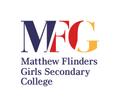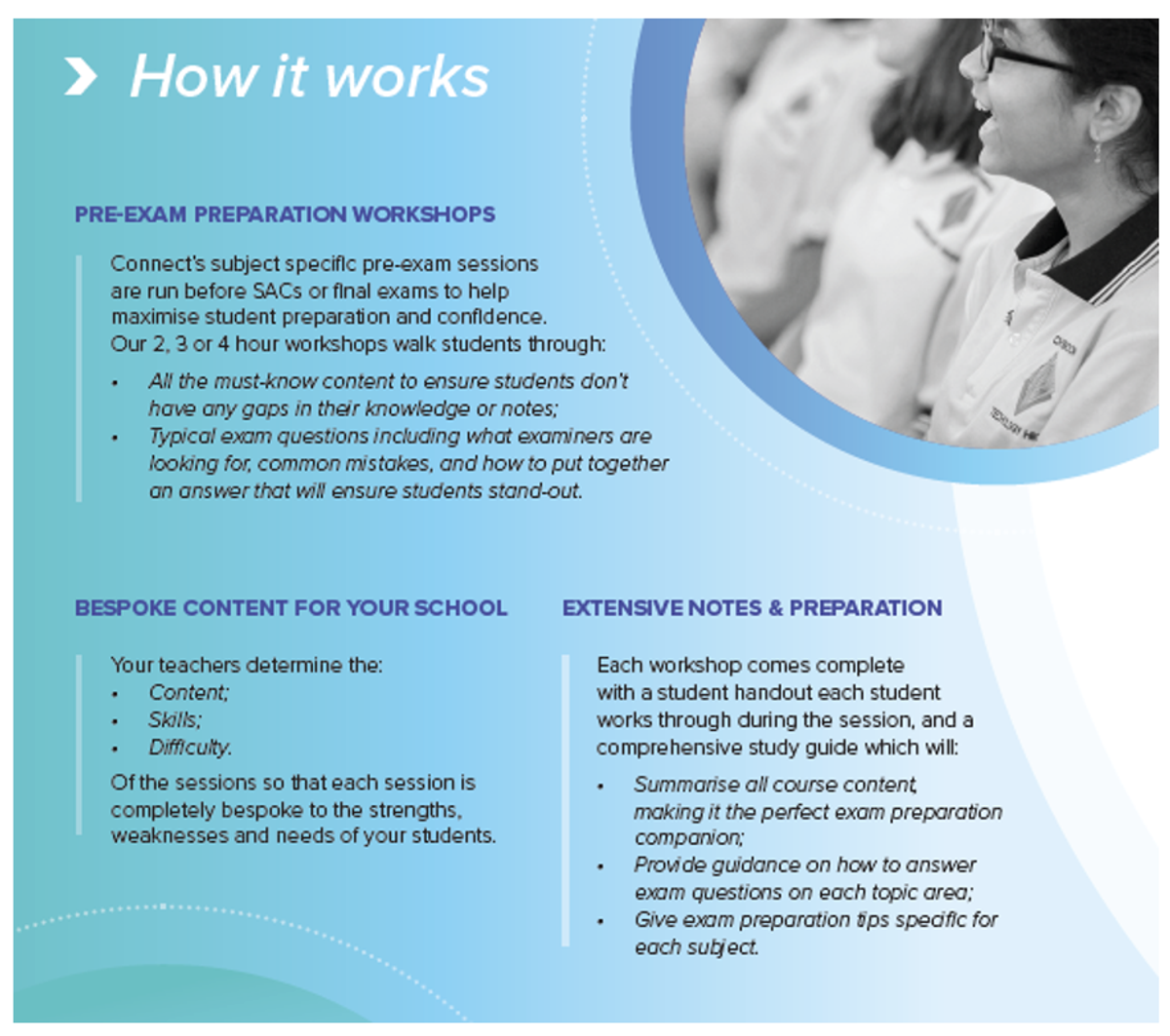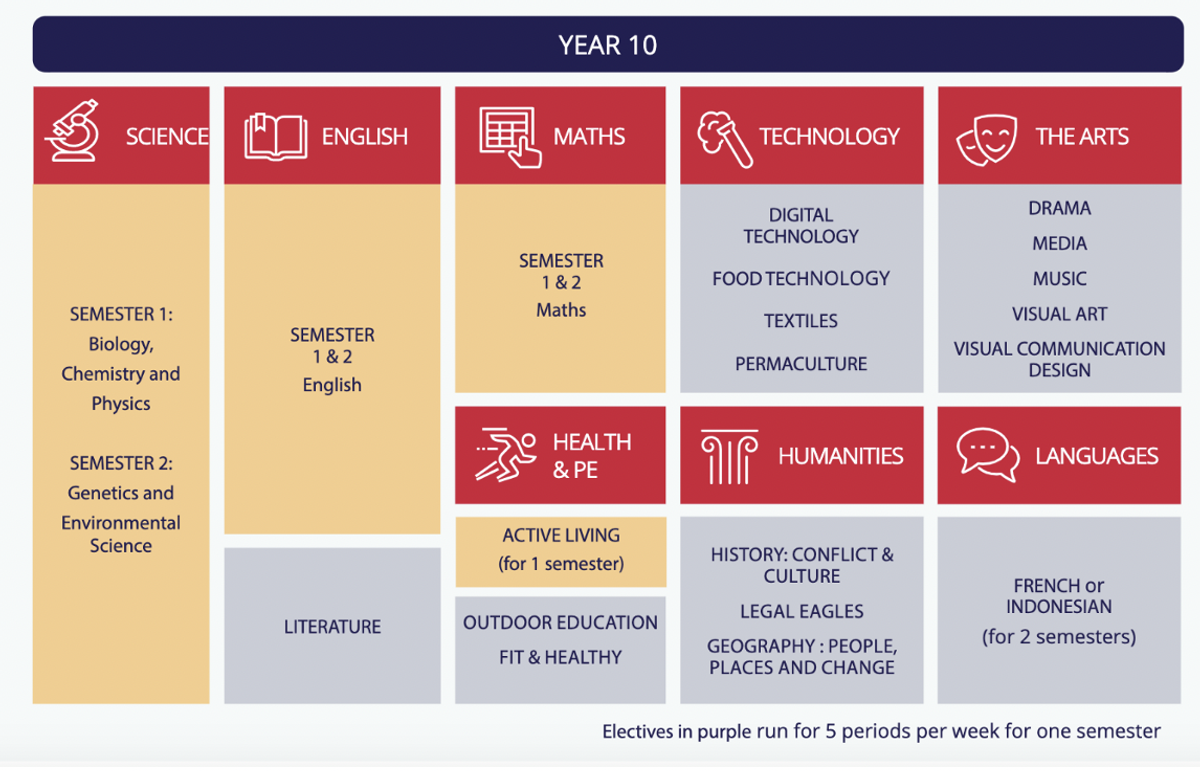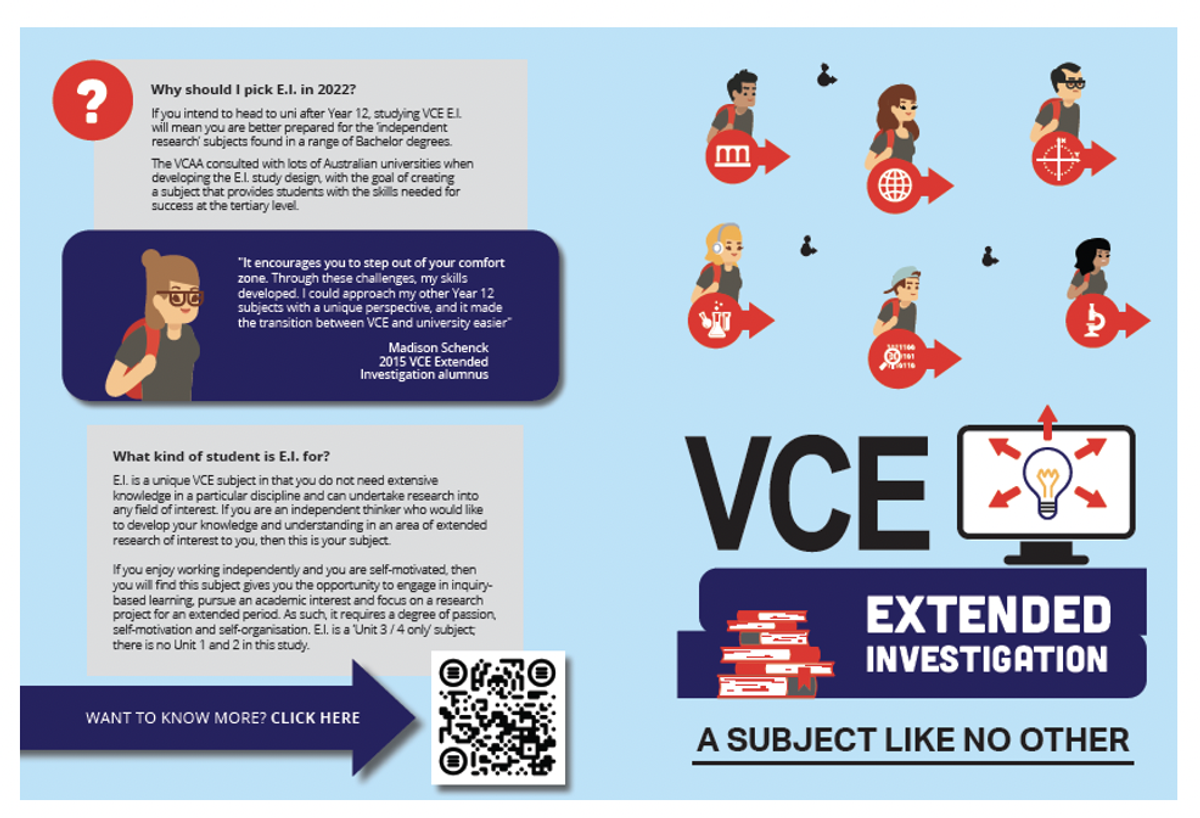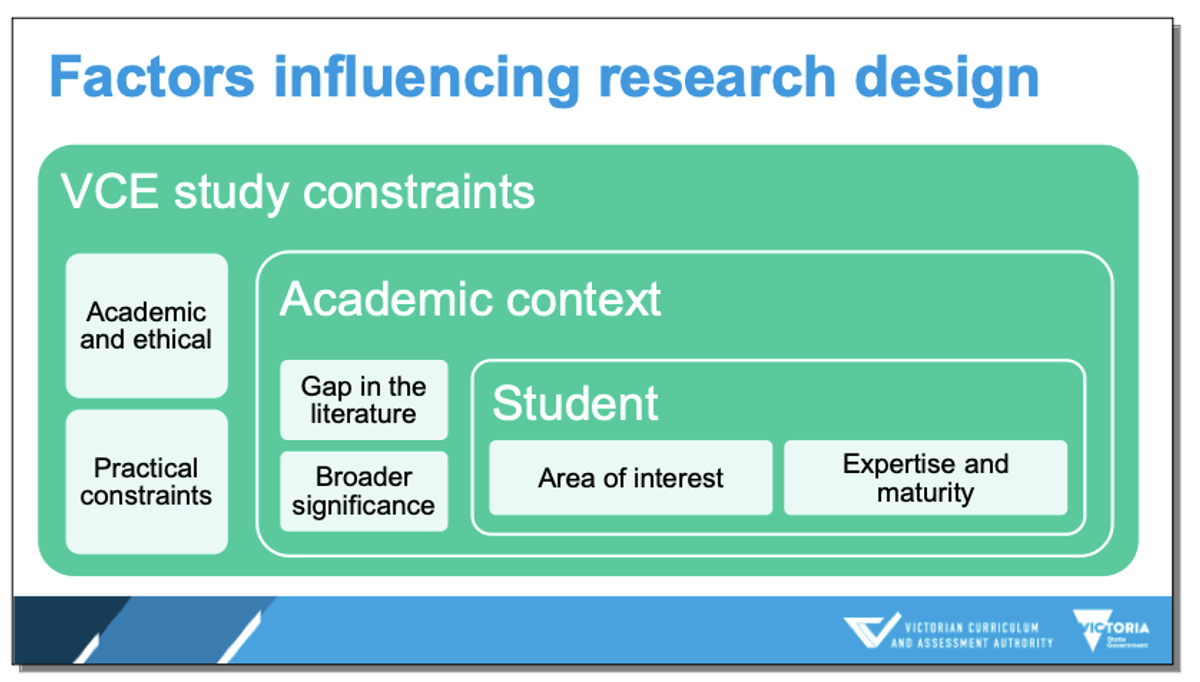Teaching and Learning at MFG

LEARNING & TEACHING @ MFGSC: NEWSLETTER JUNE 2022
YEAR 12 VCE EXAM REVISION FOCUS
With some additional VCE Lecture Revision funding from the Department of Education we are engaging Connect Education to run some pre-exam workshops for our Year 12 students in a range of VCE Unit 4 subjects. We’ll trial the use of Connect with Biology and Literature first and evaluate the effectiveness of the pre-exam workshops.
TERM 3 PARENT-TEACHER-STUDENT LEARNING CONFERENCES
Tuesday 30th August (week 8 of Term 3) is our planned Parent-Teacher-Student Conferences – 12 to 7pm. Based on some discussions at School Council, with the MFG Consultative Committee and responses to the Communications Survey and the current high cases of COVID and influenza in our school and our community, we will be:
- Running the Parent-Teacher Conferences online – the choice of a phone call or Video Conference (ie Zoom)
- Opening the Booking System on the weekend (Saturday 20th August) to cater for more parents/carers
- Increasing the number of bookings available for parents and carers.
CURRICULUM & SUBJECT UPDATES FOR 2023
We are currently preparing for the Pathways and Subject Selection process which starts in Term 3 and runs until students make their subject selections for 2023 in August. There are a few important changes and refinements for 2023 which are outlined below.
PHYSICAL AND SPORT EDUCATION DELIVERY REQUIREMENTS
The Department of Education’s Physical and Sport Education Delivery Requirements mandates a minimum time allocation for physical and sport education in Victorian government schools.
This policy states the following at Year 7-10:
- 100 minutes of physical education per week (The delivery of the physical education curriculum through timetabled and structured classes)
- 100 minutes of sport per week (Any form of sport inter or intra school, within the educational setting which is timetabled into the school week).
Please find below the policy links which outline the policy requirements in more depth:
- https://www2.education.vic.gov.au/pal/physical-and-sport-education-delivery-requirements/policy
- https://www2.education.vic.gov.au/pal/curriculum-programs/policy
Our current time allocation for Years 7-10 and the proposed changes for 2023 are below:
Current - 2022 | 2023 | |
| Year 7 |
104 minutes less than mandate |
No change to year 7-9 for 2023 |
| Year 8 |
104 minutes less than mandate | |
| Year 9 |
104 minutes less than mandate | |
| Year 10 (Elective) | Semester Long Elective
200 minutes less than mandate | Semester Long Subject – CORE
|
The implication of this change is:
- Year 10 students will have 5 instead of 6 electives for 2023
- However, the restrictions of only being able to select 3 electives from the one Learning Area will be removed.
2023 will now look like:
Other curriculum / subject changes for 2023:
- Year 9 Languages (must do one of the following, Indonesian, French Language or French Culture)
- Year 10 addition of a new ‘Permaculture’ elective
- the introduction of a new VCE Unit 1 English study – English Language
- the reintroduction of VCE Units 3 & 4 Revolutions which will replace VCE Units 3-4 Australian History
- VCAL is replaced at Year 11 with a new VCE pathway called VCE Vocational Major (VCE VM)
- Senior VCAL (Year 12) to stay the same for 2023.
NEW OPTIONS FOR YEAR 11 AND 12 STUDENTS
Victoria is transforming the delivery of senior secondary education with the introduction of two programs that will offer greater access to quality vocational and applied learning pathways, while making sure student achievement is equally celebrated and recognised.
The VCE Vocational Major (VCE VM) is a two-year program within the VCE that will replace Intermediate and Senior VCAL. It will prepare students to move into apprenticeships, traineeships, further education and training, university (through non-ATAR pathways) or directly into the workforce.
The Victorian Pathways Certificate (VPC) is an inclusive Year 11 and 12 standards-based certificate that meets the needs of a smaller number of students who are not able or ready to complete the VCE (including the VCE VM). The VPC will help students move into a senior secondary qualification, entry level vocational education and training, or straight into a job. Students will be able to start their VPC at any time during the school year and the time to finish the program will be flexible.
The VCAA has reached a major milestone with the accreditation and release of the VCE VM study designs and support materials.
The new curriculum features improved breadth and quality, a simplified structure and reduced repetition. The studies allow students to apply knowledge and skills in practical contexts, including taking part in community-based activities and collaborative projects.
The VPC will soon be accredited, and the curriculum will be released upon accreditation.
Find out more on the Senior Secondary Certificate Reform.
VCE EXTENDED INVESTIGATION – VCE COLLABORATION FUNDING UPDATE
In 2021 MFG applied for a VCE Collaboration Grant in partnership with North Geelong Secondary College.
The purpose of the VCE Collaboration Fund is to broaden VCE subject choice and the quality of VCE offerings in rural and regional Victoria through school partnerships.
VCE students in rural and regional areas of Victoria typically have fewer subjects to choose from than those in metropolitan areas.
Choice of subjects is a key driver for school retention and completion with engaged students staying at school longer. The choices students make in VCE impact on access to higher education, vocational education and training opportunities and employment prospects. Increasing choice at VCE also allows students to engage in courses that appeal to their interests and abilities.
We were successful with our grant application with both schools offering VCE Extended Investigation in 2022 – we are the only two schools to offer this subject in the Geelong / Bellarine area. VCE Extended Investigation enables students in our schools to select an area of focus that they wouldn’t otherwise be able to select because of reduced subject offerings. For example, a student with an interest in politics, philosophy or a particular time branch of computing would be able to explore their interest despite not being able to study a specific VCE subject at either of our schools.
Both schools planned to use the funding on:
- Curriculum development
- Development of teaching and learning resources
- Teacher professional development
- Purchasing resources such as books and literature for student use
- The development of promotional materials
- Parent and student information events
- Administrative cost
Extended Investigation is a unique VCE subject which enables students to:
• develop and construct a rigorous research question
• understand and apply research methods
• explore a chosen area of investigation in depth
• develop as independent, critical and reflective learners • develop research project management knowledge and skills
• analyse and evaluate findings and results
• develop skills in written and oral presentation of research findings.
Structure
The study is comprised of a Unit 3 and 4 sequence:
- Unit 3: Designing an extended investigation
- Unit 4: Presenting an extended investigation
Each unit deals with specific content contained in areas of study and is designed to enable students to achieve a set of outcomes for that unit. Each outcome is described in terms of key knowledge and key skills.
ENTRY
There are no prerequisites for entry to Unit 3. Students must undertake Unit 3 and Unit 4 as a sequence. Units 3 and 4 are designed to a standard equivalent to the final year of secondary education. Accordingly, the standards of research expected of students undertaking this study are at a level consistent with the final year of secondary education. All VCE studies are benchmarked against comparable national and international curriculum
The student is at the centre of this study and what they bring to the study and also develop through the study – that is their area of interest and capability as a VCE student at this stage in their life. But these factors sit within an academic context, which must be identified, recognised and explored, including where their interest sits within the existing literature and also how it is connected to a broader, bigger question or area of significance.
This is all bound by the study being a VCE study with its practical, academic and ethical constraints as articulated in the study design. All of these factors need to align for a rigorous and yet doable investigation. Teachers play a key role in helping to set parameters for students and ensuring they understand them, and in helping them to see that these are reasonable parameters and expectations.
Damien Toussaint
Assistant Principal, Learning and Teaching
